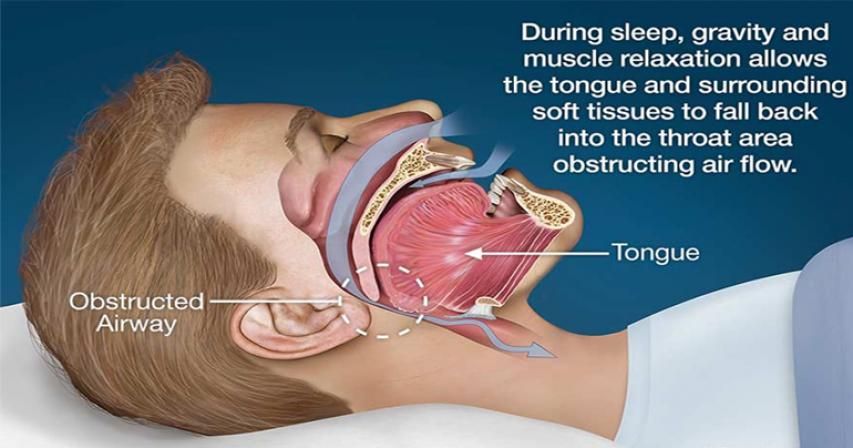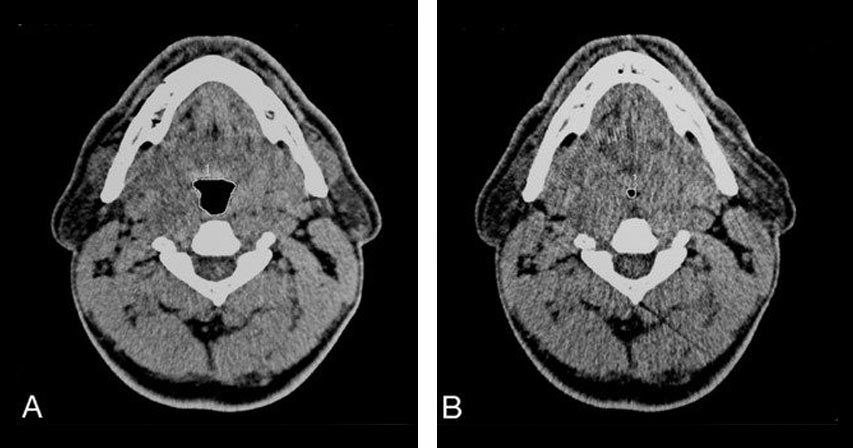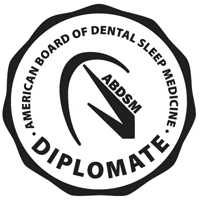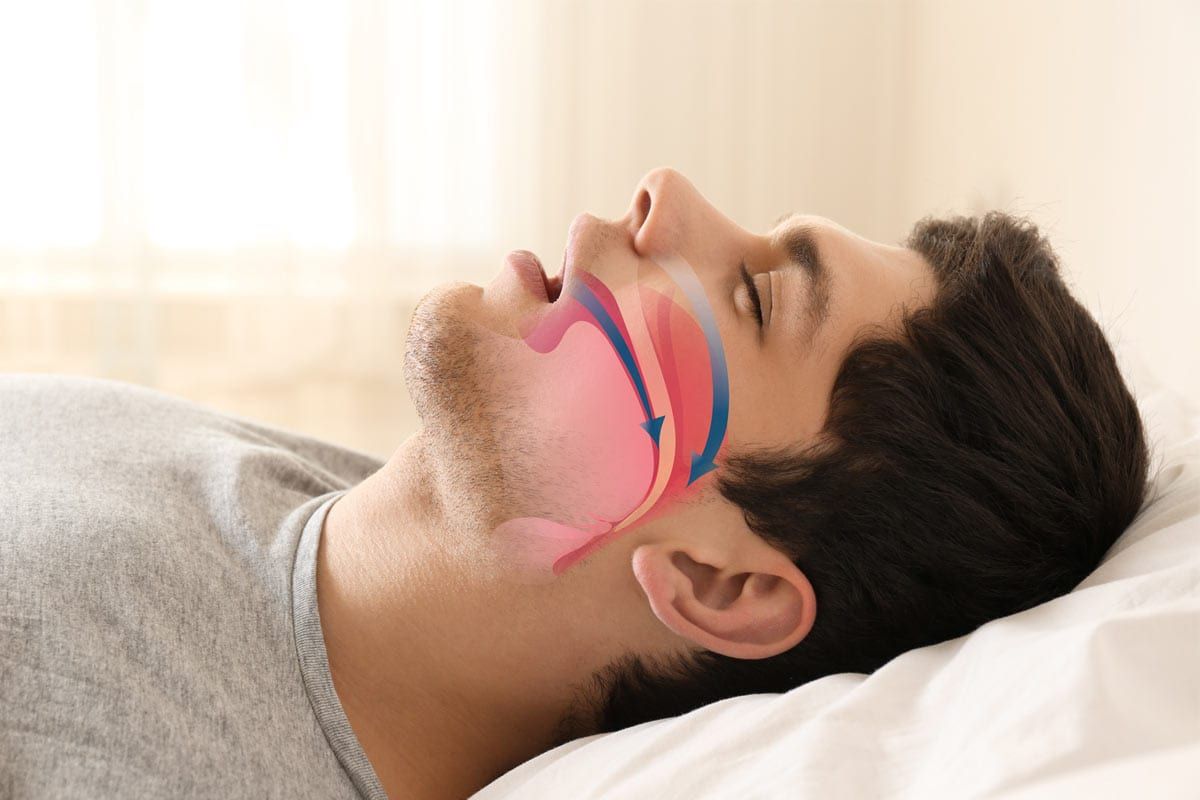

Sleep Apnea is a serious medical condition. It can have profound and lasting effects on your health and quality of life.
What is sleep apnea?
Sleep apnea is a fairly common respiratory-breathing disorder characterized by frequent nighttime breathing disruptions. Unfortunately, it often goes undiagnosed and results in serious health problems.
The effects of untreated sleep apnea are many. Alertness and focus are diminished. This will reflect on poor work performance, school achievements will suffer and is a real danger while driving. It will reduce your immune capabilities exposing you to various medical conditions and diseases. Anyone can develop sleep apnea, including children. Both males and females suffer from this disorder, although men are more than twice as likely as women to develop sleep apnea.
There are several types of sleep apnea, but the most common is called obstructive sleep apnea. This occurs when the tongue and the muscles of the throat relax so much during sleep that they block the airway and the ability to breathe. Your body enters a state of stress (aka fight or flight) which over time will wear down the immune system and your overall health.
We know today, based on extensive research, that sleep apnea left untreated will result in high blood pressure, atherosclerosis, and heart disease. The reduction of oxygen reaching the brain can contribute to strokes and other neurological consequences. It influences our immune system making us more vulnerable to infections and exposes us to diseases such as diabetes, Alzheimer’s, and many others.
The good news is that this can be managed and many of the health consequences can be prevented or minimized.
What are the symptoms of sleep apnea?

Snoring is a primary symptom of sleep apnea, although not everyone who snores has the condition. Additional symptoms include:
- Excessive sleepiness during the daytime
- Abruptly waking up by choking or gasping for air
- Decreased sex drive
- Nighttime sweating
- Waking with a headache
- Cognitive challenges during the day
- High blood pressure
- Waking with a sore throat or dry mouth
Very often, your sleep partner or family members notice the signs of sleep apnea before you. If you’ve been told you snore loudly, gasp for air, or seem restless during sleep, it may be time to see your primary care physician or sleep medicine specialist.
What causes sleep apnea?
There is no single cause for sleep apnea, but there are conditions that increase your risk level. Any of the following conditions can contribute to the development of sleep apnea.
- Excess body weight
- Chronic nasal conditions
- Narrow airways
- Family history of sleep apnea
- Smoking
- Alcohol before bed
Not everyone with these conditions will also suffer from sleep apnea, but understanding what to look for can help you take a proactive stance toward your health.
How do dentists treat sleep apnea?
Your treatment path depends on your overall health and the severity of your sleep apnea. In cases where an underlying medical condition might be to blame, treating that condition is often the first step.
Some men and women respond well to a therapy called continuous positive airway pressure, or CPAP. This involves wearing a mask that directs a steady stream of air into your airway while you sleep.
When CPAP is not an option, or you prefer a different approach, the Dental Sleep Center at Keller Dentistry offers oral appliances as a great alternative to CPAP. These devices are worn in your mouth while you sleep and help keep your airway open. They are noninvasive and nonintrusive, offering a custom fit and are comfortable to wear.
In rare cases, surgery may be beneficial in treating obstructive sleep apnea.




